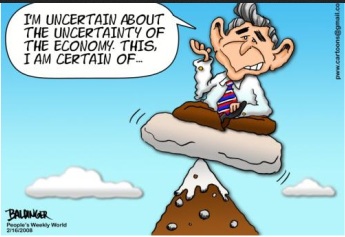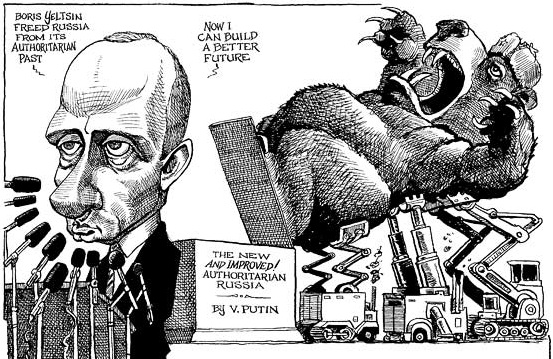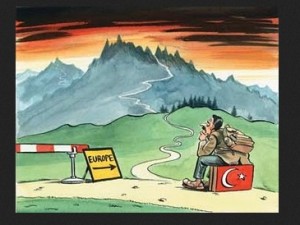Bloomberg notes: Amid a spate of scandals over the rigging of financial benchmarks ranging from commodities to currencies to interest rates, the U.K. government is making a bold move toward restoring confidence: By the end of this year, it plans to make manipulation a criminal offense in all the affected markets.
The U.K.’s plan — aimed at maintaining London’s role as a major financial center — raises some questions. Can’t investors look out for themselves? Wouldn’t tweaking the way markets are designed, combined with the risk of damage to reputation, suffice to keep traders in line? No and no.
“Buyer beware” doesn’t apply. These markets aren’t casinos, where people can choose whether to play. Trade in money and commodities is central to the functioning of the global economy. The prices set in these markets affect what people pay for everything from gasoline to mortgages. If insiders manipulate them for personal gain, they do so at the expense of millions of ordinary consumers.
And reputation, by itself, isn’t enough of an incentive to keep traders honest. The profits from manipulation — and the bonuses they entail — can be huge, and traders and executives change jobs too often for the good name of an institution to carry much weight. Consider: Many of the world’s largest banks lied about their borrowing costs for years, in some cases with the knowledge of senior executives.
Regulators are rightly taking steps to make benchmarks less vulnerable to manipulation, in part by requiring them to be based on observable transactions (rather than relying on traders to tell the truth) and administered by independent parties (rather than by the same banks that set the prices). Good market design will help, but it’s no panacea. Traders managed to rig currency benchmarks that already met regulators’ guidelines.
Stronger deterrents are needed. Fines alone fall short: The billions of dollars that banks have paid hit shareholders, whose control over corporate culture and behavior would be limited even if they chose to exert it. The threat of criminal penalties will be much more potent.










